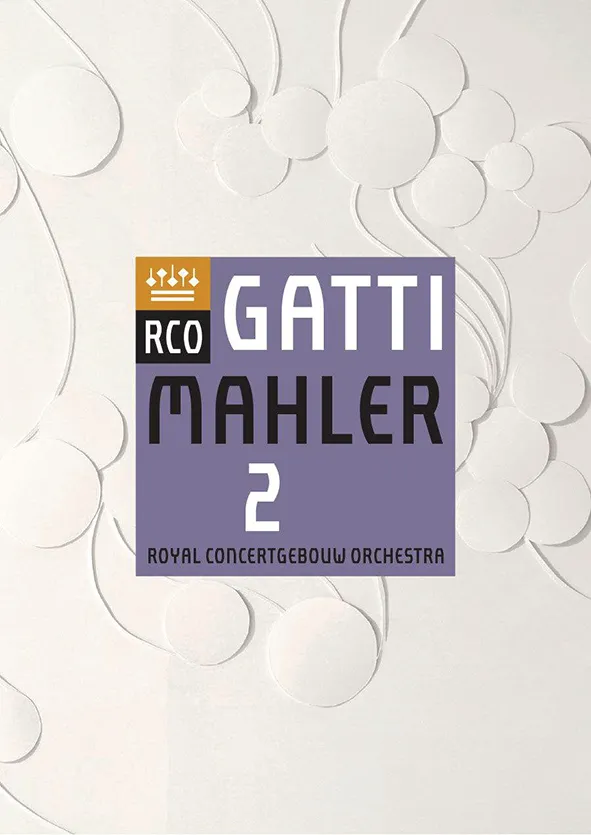
Mahler Symphony No. 2 Chen Reiss (soprano), Karen Cargill (mezzo-soprano); Netherlands Radio Choir/Klaas Stok; Royal Concertgebouw Orchestra/Daniele Gatti RCO live: RCO 17003 (hybrid CD/SACD); DVD: RCO 17108; Blu-ray: RCO 17109
How well does Daniele Gatti’s first Mahler as principal conductor of the Royal Concertgebouw Orchestra compare with previous Amsterdam masters Riccardo Chailly and Bernard Haitink? As sound, very well indeed: the incisiveness of strings in the earth-tremors of the first movement, the luminous beauty of the horns and the trumpet seraphics come across beautifully in the most luminous of concert halls. As movement, it’s not nearly so much to my taste: too many marked tempo extremes, and even when only marginally too fast at times, as in the minuet and scherzo, rather than when it is obviously too slow and obvious in the Resurrection day canvas and apotheosis, this is still a long way from the unobtrusively flexible ideals of Claudio Abbado and Bernard Haitink.
- We named the Royal Concertgebouw Orchestra one of the best orchestras in the world
Watching brings with it obvious pleasures when it comes to the wonderful orchestra. The expressive mobility is very apparent from the double-basses, and it’s refreshing to see large numbers of women in the ensemble, especially in the strings. While Gatti’s baton technique looks admirable to me, the left hand could be more about phrasing. Nor does he bring much enlightenment in the comments which punctuate the liner notes (there’s no documentary extra).
It certainly helps to have soprano Annette Dasch rising alongside the small but expert professional Netherlands Radio Choir, rather than in front of the orchestra, and while Karen Cargill’s generous mezzo takes a bit of pulling into poised focus, she brings great tonal beauty to the fourth-movement solo, with the brass group offstage. For most of the time we don’t see them; there are just three shots from the balcony-level corridors during judgment day mayhem, and camerawork is astute throughout the film. The sound, as I’ve implied, is superlative, especially for a live concert.
Find out more about Gustav Mahler and his works
Read more reviews of the latest Mahler recordings
David Nice